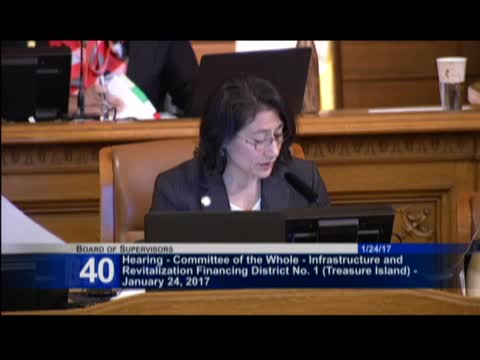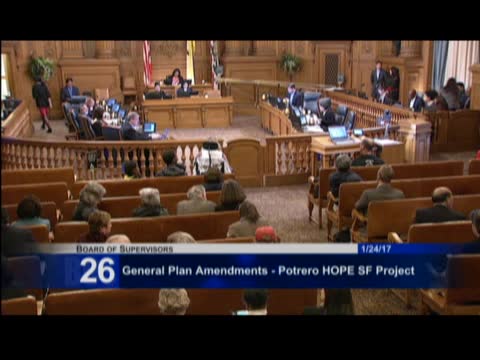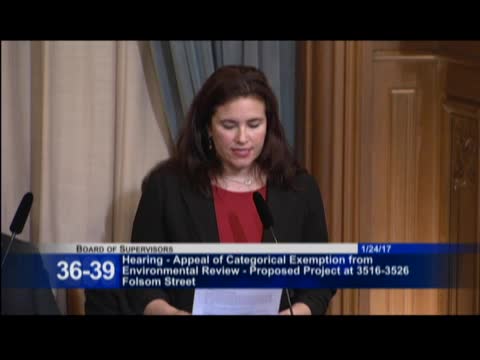Article not found
This article is no longer available. But don't worry—we've gathered other articles that discuss the same topic.

Board approves Treasure Island financing districts and sets bond limits after unanimous special-election votes

Planning department rescinds CEQA categorical exemption for Folsom Street project; supervisors table hearing after public concern over PG&E pipeline

